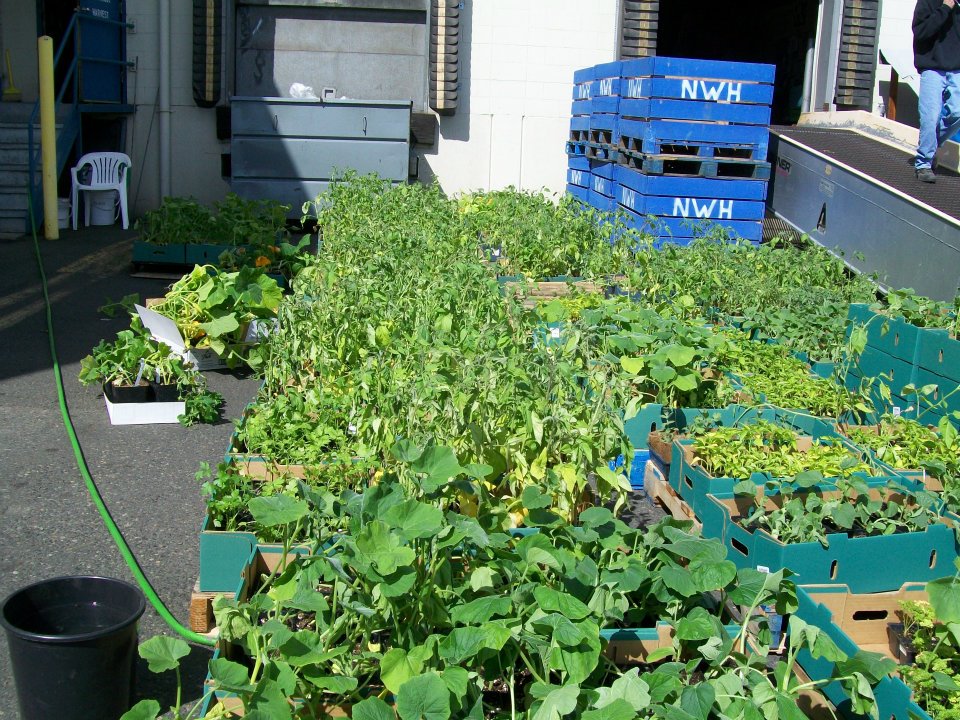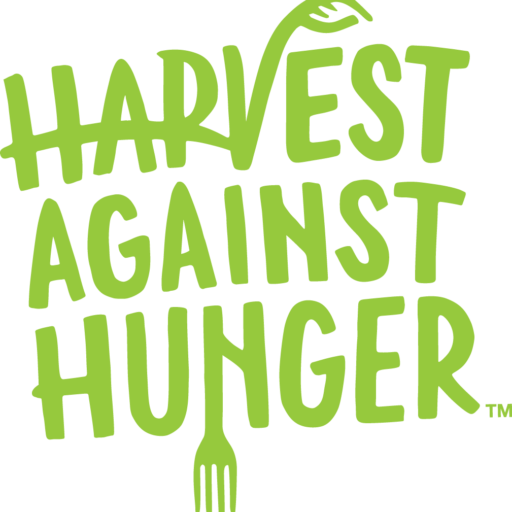How Can We Help?
Empowering Self-Sufficiency at Northwest Harvest: Yakima Valley Produce Harvest

Empowering Self-Sufficiency
During the 2012 growing season, the gleaning program in Yakima re-packed and distributed an estimated 730 lbs. of seeds to food banks, meal programs, community gardens, and community partners.
Volunteers re-packed donated 40-50 lb. bags of seed into half envelope seed packets. The gleaning program provided envelopes and printed labels which included the type of seed, growing and harvest instructions, and information about the Yakima gleaning program. The seed packets also included information about the Yakima County Master Gardener clinic, where seed recipients could go with gardening questions during the course of the growing season. Once half-envelopes were labeled and filled with seeds, volunteers folded them twice and stapled them shut. Our program spent an estimated $75 on supplies to re-pack over 700lbs of seeds.
Seeds were distributed in 15-20lb boxes to 25 different food banks in central Washington. Seeds were also distributed in requested amounts to community gardens, school gardens, and other educational programs. One-pound bags of a variety of seed packets were also placed at different community centers such as senior centers, libraries, coffee shops, free medical clinics, and museums for clients and customers to browse and take.
Some other considerations for similar programs:
• Seed information on packets should be translated into different languages to accommodate relevant populations. In Yakima, the population is about 50% English and 50% Spanish speakers, so the Yakima gleaning program made equal numbers of seed packets in each language.
• Some seeds are treated with anti-fungal chemical coatings. If donated seeds have this chemical coating, check the bag for chemical information and protective measures. Encourage volunteers to wear dust masks and gloves, and discourage children from volunteering with that task.


